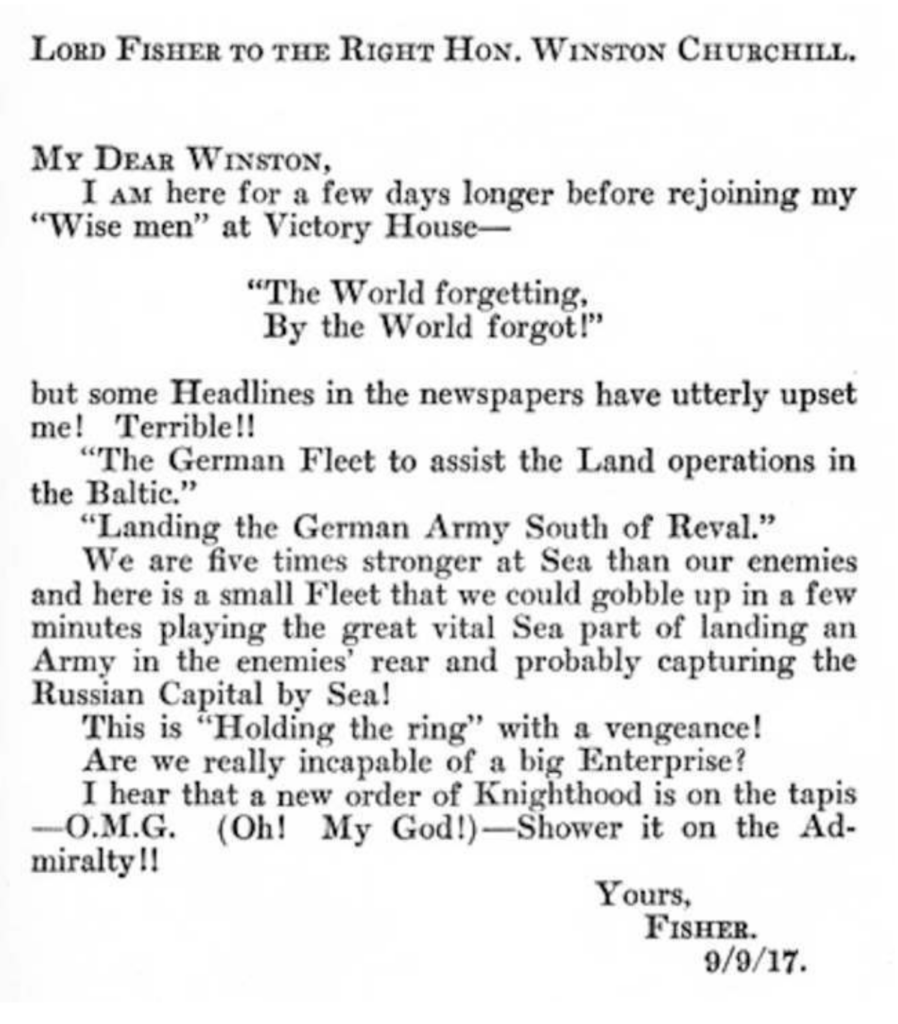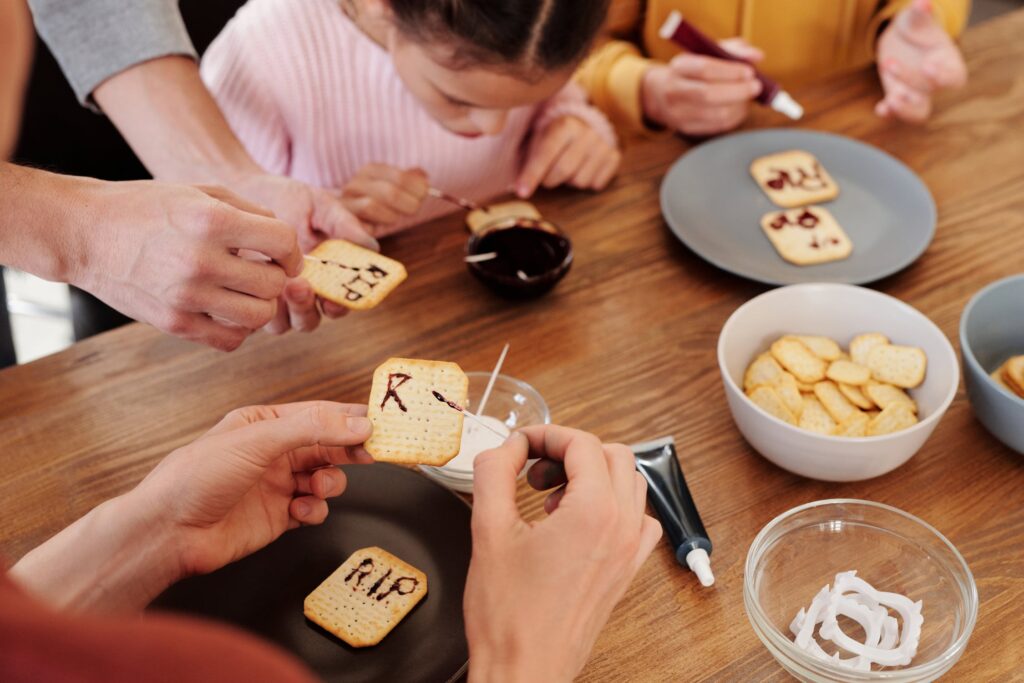Old English Acronyms That Are Still Popular Today

Did you know that the acronym “OMG” is actually over 100 years old? English-speakers use tons of abbreviations and acronyms in everyday life, and many have a longer history than you’d think.
Here are five useful ones that have withstood the test of time. These will probably be used forever, so make sure you learn them today!
1. P.S.
The abbreviation “P.S.” dates back to the 16th century. It stands for “postscript,” which means “written” (“post”) and “after” (“script”). P.S. traditionally refers to text written after a signature on a letter.

These days, people continue to use P.S. in emails and text messages, usually without the periods (“PS”). Even if the writer of an email or text message does not sign their name, they might still use P.S. to mark an afterthought.
- Hey Sarah, great catching up today. PS Here’s the Youtube video I was telling you about.
- Hi Drew, I’ll be there on Sunday. PS You won’t believe what happened to me today.
Some people use P.S. by itself, while others use it with a colon (“PS:”), a dash (“PS-”), or a period (“PS.”).
2. RSVP
“RSVP” is an abbreviation that comes from the French phrase “Répondez s'il vous plaît,” which means “Please respond.”
It has been used in English since the 19th century and was traditionally written “R.S.V.P.” People wrote it at the bottom of invitation letters to request a response.
These days, you will see RSVP used on physical invitation cards as well as online invitations.
You’ll also hear people say “RSVP” in real life.
- Make sure to RSVP for the event by this Thursday!
- Dan sends out holiday party invitations early so guests have enough time to RSVP.
RSVP is also used as a noun.
- Attendance is free, and an RSVP is not required.
3. OMG
We probably don’t need to tell you that “OMG” stands for “Oh My God.” But did you know that this abbreviation was used as early as 1917?
You can see it at the bottom of this letter to Winston Churchill.

These days, we probably wouldn’t use OMG with any heads of state – not to mention this many exclamation points.
4. R.I.P.
R.I.P. stands for “rest in peace” and has been written on Christian gravestones for centuries.
In informal contexts, you’ll often see “RIP” (without periods). For example, when someone passes away, you will usually see people use “RIP” before their name. Here’s a tweet written in memory of the basketball player Kobe Bryant that uses the hashtag #RIPKobe.
Miss you every day Kobe🐍🙏💛💜#MambaMondays #RIPKobe #MambaForever pic.twitter.com/3UQLRw8XhK
— 🐍Edwin ⁸ ²⁴🦋 (@Legit_CHAMP) July 12, 2021
Due to its association with death, “RIP” also appears in a lot of Halloween decorations.

In recent decades, RIP has also become a slang expression that’s pronounced like the verb “rip.”
5. xx
“xx” or “xxx” means “kisses” and you can use as many X’s as you want. xx is commonly used at the end of letters and text messages. For example, someone might sign off a letter with “Love, Jane xx.”
Happy Sunday!!! How’s everyone doing? Xx pic.twitter.com/QbdCptWo9x
— Jeannine Barry (@Jeannine_Barry) February 28, 2021
The association between X’s and kisses is believed to come from a common practice in the Middle Ages. A scholar explains in the Washington Post that illiterate people would often sign documents with an X and then kiss their “signature” to show that they are serious.
Eventually, X’s became a symbol for kisses themselves. For example, the Oxford English Dictionary quotes an 1894 letter by Winston Churchill, where he wrote: “Please excuse bad writing as I am in an awful hurry. (Many kisses.) xxx WSC.”
This practice remains common among Brits. A 2014 survey of nearly 600 people, aged 15 to 71 and 90% living in the UK, found that “95 percent of them used ‘xx’ in text messages, emails, and instant messages.”
Often X’s are used to make a text message more friendly. For example, “OK xx” and “on my way xx” sound more friendly than simply “OK” or “on my way.”
- Sorry, I have no idea! xx
- Thanks anyways xx
- Could you transfer me the money when you can? xx
- Get well soon! xx
Just be careful about using X’s with people from other English-speaking countries. For example, while X’s have caught on among young women in the US, many Americans might still interpret X’s as a sign of flirting!
PS
Do you want to:
- improve your English speaking skills?
- learn real English instead of textbook English?
- practice English conversation?
If you’re thinking “OMG that sounds like me,” then sign up for a free lesson with an Engoo tutor! Our tutors are available 24/7 and have helped hundreds of thousands of learners become fluent in English.



